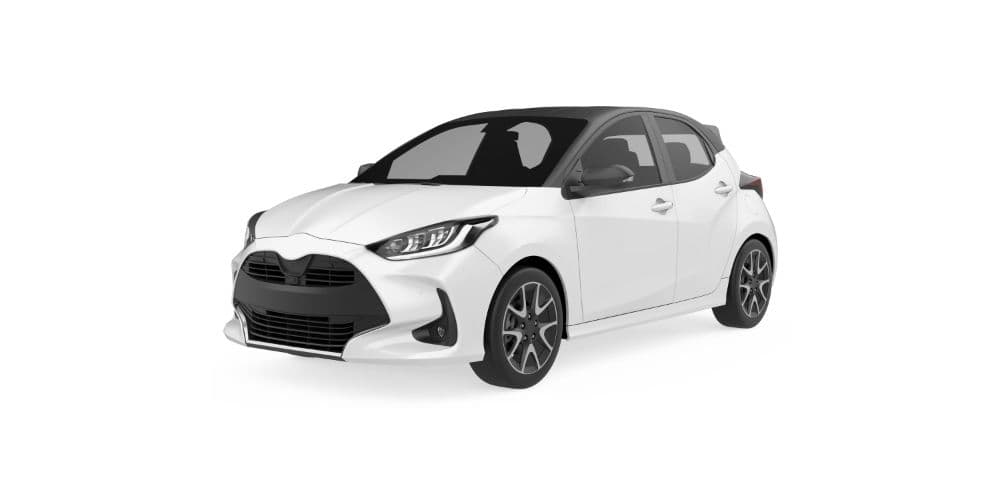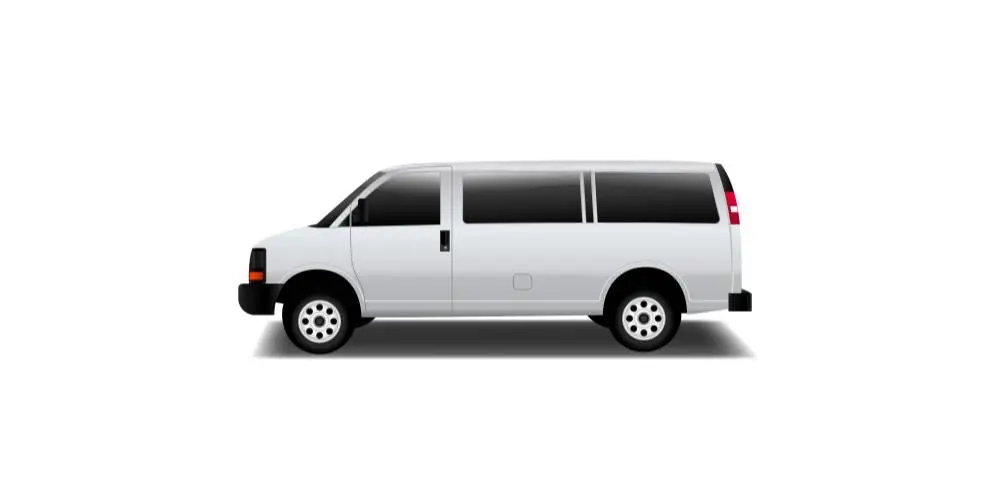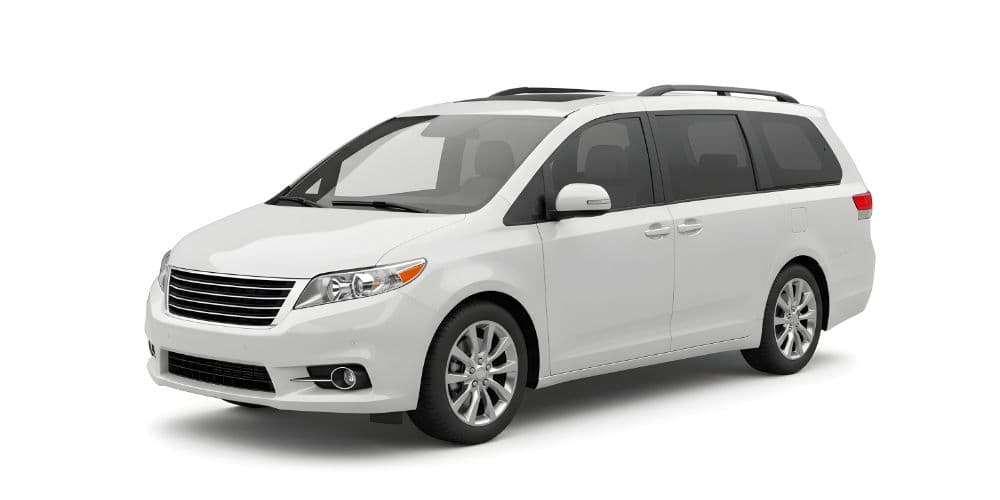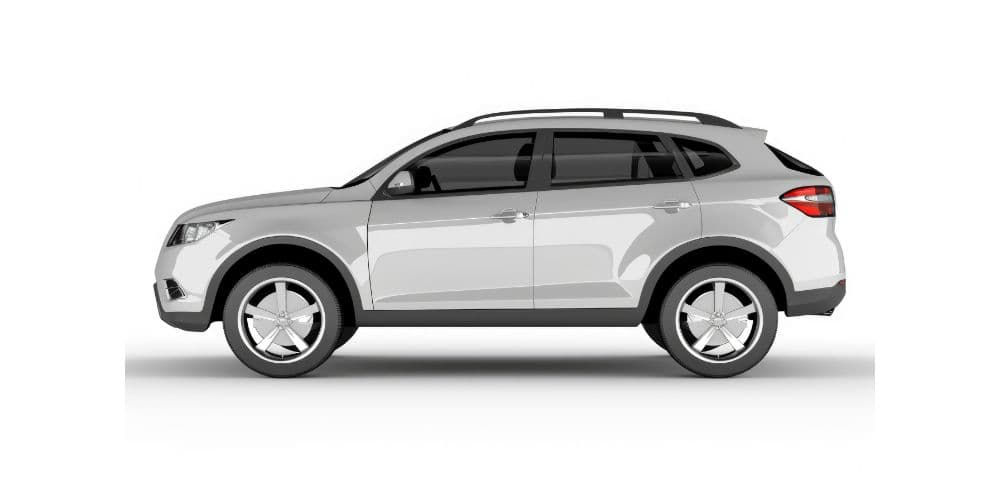
Everything You Need to Know About Rental Car Deposits
Everything You Need to Know About Rental Car Deposits
When renting a car, you need to pay a security deposit — a specific amount of money the company holds until you’ve returned the vehicle in good condition. The purpose of a security deposit is to cover any additional charges, such as damage to the vehicle or parking tickets you get while it’s in your possession.
Policies regarding deposits vary by car rental company and the location of the individual office, so it’s always best to check with the office you plan to rent from. However, this article will give you a general overview of rental car deposits, so you know what to expect.
Are Rental Car Deposits Required?
Yes, rental car deposits are mandatory. Car rental agencies entrust customers with a costly asset. The deposit protects them from losses they could incur if someone damages a vehicle and refuses to pay the repair bill.
Even though there’s no way around the deposit, the good news is that the rental car company usually returns it in full when you drop off the vehicle.
You can better your chances of getting back your complete deposit by signing a collision damage waiver (CDW), which protects you from repair bills if you accidentally scratch the car.
What is the Average Rental Car Deposit?
Rental car companies have unique ways of calculating the deposit amount for a car rental. A lot of factors come into play, such as the following:
- Type of car
- Reservation length
- Renter age
- Reservation dates
- Rental location and drop-off location for one-way car rentals
For example, a 25-year-old renting a luxury sports car in Los Angeles would need to put down a bigger deposit than a 50-year-old renting an economy car in Ohio. The bigger the risk, the more the deposit amount will be.
Take notice of the following car rental deposit policies.
Avis
Avis calculates their deposit according to location and payment method. Generally, those who pay with a credit or debit card will have a hold of $200 placed on their card for the deposit, plus the rental charges.
Avis doesn't accept debit cards at all of their locations, especially those in major cities. So, check with your rental location to see whether they allow you to pay with a debit card.
Moreover, airport locations are subject to a $350 hold plus rental cost.
Enterprise
The deposit for Enterprise rentals varies according to location. However, you can find out how much it will be by starting a reservation on their website. Look under the renter requirements section to see how much the deposit costs and learn more about payment options.
How Do You Pay the Security Deposit?
Car rental companies always accept credit cards, as they are the preferred payment method. Still, most companies allow renters to pay with alternative methods, such as a debit card or cash.
Let's explore each of the ways to pay your security deposit more in-depth.
Credit or Debit Card
Paying with a credit card is generally the best option when renting a car, and some companies require one on file at pick-up time.
Using a credit card can protect you as a renter since the company doesn't have direct access to your bank account. Moreover, you can dispute unfair charges when using this form of payment.
It's important to note that the car rental company doesn't usually withdraw the deposit funds. Instead, they place a preauthorization hold on your account. This will affect your available credit, but you won't see it on the statement from your credit card company.
When you return the car, the agency will release the hold on the funds within a few days, but it can take a little longer for this to change to reflect on your credit card.
Debit Card
Some rental car companies let you pay your deposit with a debit card, but be sure to check their policies before renting a car. They may need you to have a credit card on file as a backup, even if you'll use your debit card to pay the car rental rate.
Moreover, some rental companies perform a credit check to make sure you have sufficient funds and are a trustworthy customer. When they pull your report, your credit rating may be adversely affected. So, if possible, you may want to avoid using a debit card.
Like paying with a credit card, rental companies hold the rental rate and the deposit. When you drop off the car, they'll remove the hold on the deposit, and the money will show up in your available funds.
Prepaid cards
Remember that a prepaid card is not the same as a credit card. Many rental companies see these cards as equivalent to cash. So if you plan on using a prepaid American Express, Visa, or MasterCard, you should contact the rental company in advance to ensure they take these payment options.
Cash Payment
If you don't have a credit or debit card, you may be able to use cash for your deposit. However, many rental companies only allow this in rare situations.
You'll likely need to pay a higher deposit and jump through a few hoops, such as providing extra documents and getting pre-approval.
For example, Dollar, Thrifty, and Hertz allow cash deposits for those who have been preapproved. The process entails completing an application, mailing it in along with a fee, and a credit check. If approved, they'll send you a Cash Deposit ID card.
So before deciding to rent a car with cash, do some research on the company’s policies relating to this payment method and what they require of you.
Our Most Popular Vehicles



